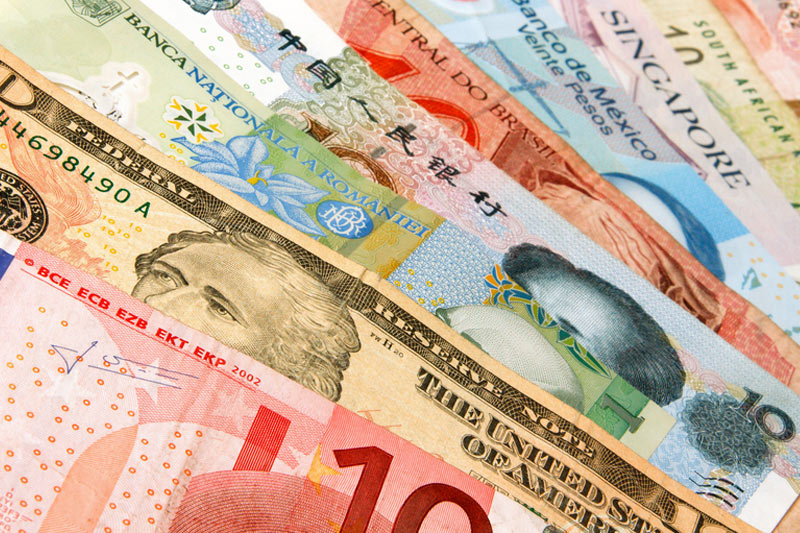By Cynthia Kim and Jihoon Lee
SEOUL (Reuters) – South Korea’s government vowed on Wednesday to support small businesses and the construction sector struggling due to high interest rates in the second half of 2024, while revising its forecast for this year’s economic growth.
“Small businesses are still in difficult circumstances. Amid persistently high interest rates, their interest burden has increased, while wage and rental costs are also rising,” President Yoon Suk Yeol said in a speech ahead of the government’s semi-annual economic policy announcement.
The government has prepared a total of 25 trillion won ($18 billion) in relief measures, Yoon said.
In its six-month economic policy agenda, the Finance Ministry forecast that the economy would grow by 2.6% in 2024, up from 2.2% in January. In 2023, the economy grew by 1.4%, the lowest point in three years.
Economic growth will be led by exports, especially of semiconductors, amid rising demand for artificial intelligence, the ministry said. For 2025, it predicted economic growth of 2.2%.
For small businesses and the self-employed, the government will provide policy loans with longer repayment terms and lower interest rates, while pursuing policy measures to reduce fixed costs such as rental prices and energy costs, the ministry said.
The government will expand financial support for small businesses by 1 trillion won ($721.8 million) in the second half to help them pay energy costs, interest and wages, it added.
On inflation, the ministry maintained its forecast for this year at 2.6% and said it expected consumer prices to rise more slowly in 2025, at 2.1%. It had not previously provided a forecast for 2025.
South Korea’s central bank extended its policy pause for an 11th straight meeting in May and kept interest rates at a 15-year high while reiterating its warning about inflation risks.
Asia’s fourth-largest economy grew at the fastest pace in two years in the first quarter on strong exports, but there are concerns the recovery will be uneven as high interest rates weigh on domestic demand.
To revive the sluggish construction sector, the ministry said it would expand public sector investment, infrastructure projects and policy financing in the second half by 15 trillion won more than previously planned.
At the same time, it would continue its efforts to manage liquidity risks associated with the financing of real estate projects so that they do not spill over into the broader financial markets.
The ministry also said it would prepare tax breaks to complement the government’s ongoing corporate reforms aimed at boosting the domestic stock market – the ‘Corporate Value-up Programme’.

It would provide tax exemptions on corporate income for increases in capital returns to shareholders, introduce separate taxes on shareholder dividend income at lower rates than other financial income, and make changes to inheritance taxes so that they are less burdensome on family businesses.
($1 = 1,388.9400 won)


